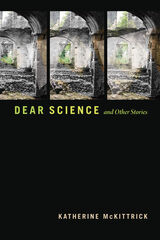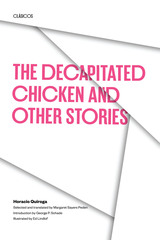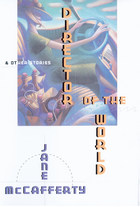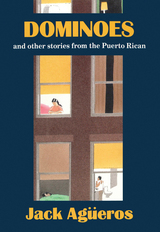6 start with D start with D


Tales of horror, madness, and death, tales of fantasy and morality: these are the works of South American master storyteller Horacio Quiroga. Author of some 200 pieces of fiction that have been compared to the works of Poe, Kipling, and Jack London, Quiroga experienced a life that surpassed in morbidity and horror many of the inventions of his fevered mind. As a young man, he suffered his father's accidental death and the suicide of his beloved stepfather. As a teenager, he shot and accidentally killed one of his closest friends. Seemingly cursed in love, he lost his first wife to suicide by poison. In the end, Quiroga himself downed cyanide to end his own life when he learned he was suffering from an incurable cancer.
In life Quiroga was obsessed with death, a legacy of the violence he had experienced. His stories are infused with death, too, but they span a wide range of short fiction genres: jungle tale, Gothic horror story, morality tale, psychological study. Many of his stories are set in the steaming jungle of the Misiones district of northern Argentina, where he spent much of his life, but his tales possess a universality that elevates them far above the work of a regional writer.
The first representative collection of his work in English, The Decapitated Chicken and Other Stories provides a valuable overview of the scope of Quiroga's fiction and the versatility and skill that have made him a classic Latin American writer.

For two years Frank worked as a tutor at Our Place, a Family Focus center for black teenagers in Evanston, Illinois, listening to them talk about their lives, their feelings, and their private dreams. The power of this volume lies in the voices of these young people describing the pleasures as well as the shocks and bruises of thier new role.
Hope, disillusion, fortitude, loneliness: these themes occur and recur as each story unfolds. Readers will be drawn into the lives of these teenagers and will emerge with fresh insight and understanding about teenage parenthood.
theirtheir

The modem Brazilian short story begins with the mature work of Joaquim Maria Machado de Assis (1839-1908), acclaimed almost unanimously as Brazil's greatest writer. Collectively, these nineteen stories are representative of Machado's unique style and world view, and this translation doubles the number of his stories previously available in English.
The stories in this volume reflect Machado's post-1880 emphasis on social satire and experimentation in psychological realism. If he had continued to produce the moralistic love stories and parlor intrigues of his earlier fiction, Machado's legacy would have been an entertaining but inconsequent body of work. However, by 1880 he had begun a devastating satirical assault on society through his fiction. In spite of his ruthlessness, Machado does at times reveal an ironic sympathy for his characters. He is not indifferent to human conflict but uses humor and irony to stress the absurdity of these conflicts, acted out against the backdrop of an indifferent universe. Such a spectacle creates a sense of helplessness that can only inspire wistful amusement.
In his technical mastery of the short story. Machado was decades ahead of his contemporaries and can still be considered more modern than most of the modernists themselves. That his stories elicit such strong and diverse reactions today is a tribute to their richness, complexity, and significance.

Implicit in these stories is a rootlessness that gives way to yearning and a passion for remembering. In the title story, a disturbed child, whose father has recently abandoned the family, attempts, in language reflecting her shattered sense of the world, to recapture some of their last experiences together.
These characters, and others in the collection, attempt to make sense of their broken lives and shattered thoughts. As John Wideman writes of the stories, there is “a sense of commitment to the struggle of making silent worlds speak, of forcing what is threatening or evil or destructive into some form we can see and conjure with.”

These stories convey hard, sometimes brutal, often bittersweet, experiences, but throughout Agüeros writes with artistry and unyielding compassion. Richly detailed, wry, and matter-of-fact, Dominoes and Other Stories from the Puerto Rican is an important achievement by an accomplished American writer.
READERS
Browse our collection.
PUBLISHERS
See BiblioVault's publisher services.
STUDENT SERVICES
Files for college accessibility offices.
UChicago Accessibility Resources
home | accessibility | search | about | contact us
BiblioVault ® 2001 - 2024
The University of Chicago Press









